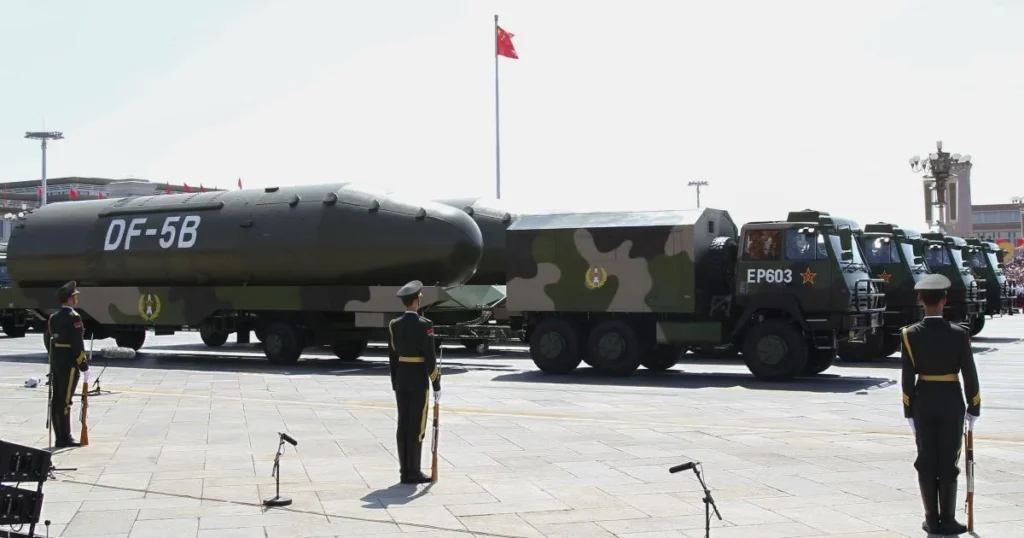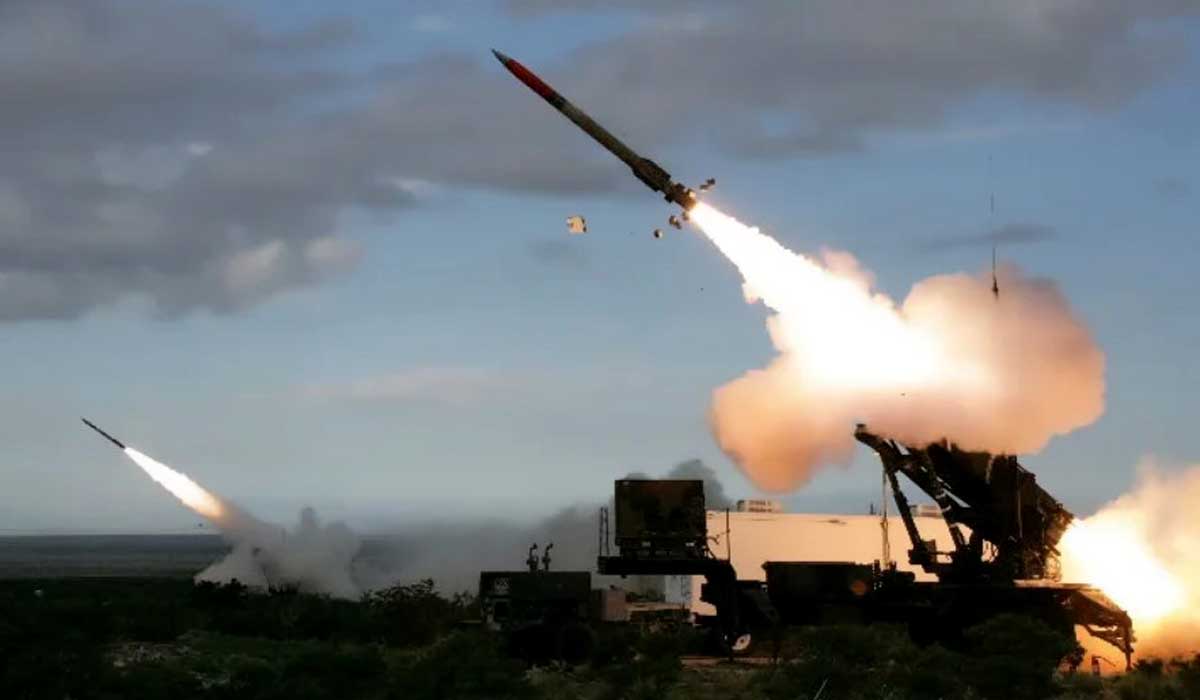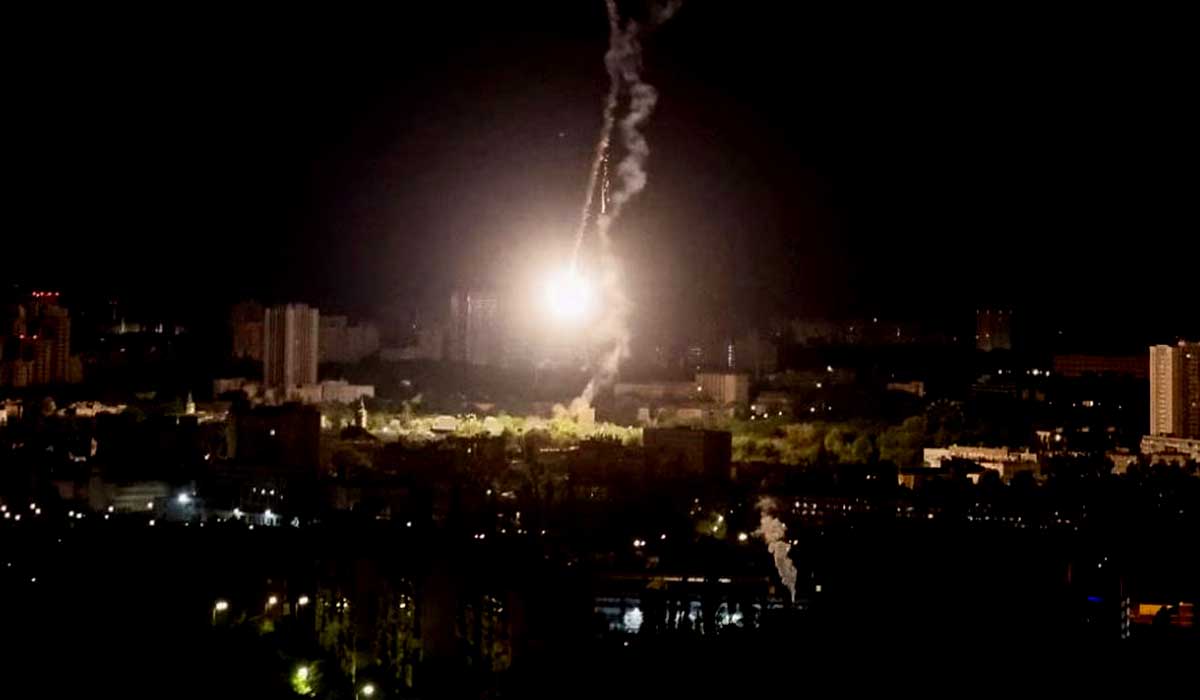
Iran’s Top General Raises Concerns Over China’s Military Buildup, Alleging Focus on US
Iran’s top military official has ignited international discussions by asserting that China is amassing its military power with a specific focus on countering the United States. This claim, made by a significant geopolitical player in the Middle East, raises questions about the nature of China’s military ambitions, its potential impact on global power dynamics, and the evolving nature of relationships between major world powers. This comprehensive coverage delves into the background of the assertion, examines China’s military buildup, and assesses the potential ramifications for the international community.
The Claim: China’s Military Power Directed Against the US
Iran’s top general, known for his strategic insights and influence within the region, recently stated that China’s ongoing military expansion is not merely a quest for regional influence but a deliberate effort to counterbalance and challenge the military prowess of the United States. The assertion implies that China’s military buildup extends beyond domestic defense needs, signaling a calculated shift in global power dynamics.
The claim adds a layer of complexity to the existing narrative surrounding China’s military modernization and raises concerns about its long-term intentions in relation to the United States.
China’s Military Buildup: An Overview
China’s military modernization has been a topic of international interest for years. The nation has invested significantly in enhancing its defense capabilities, expanding its naval presence, and developing advanced weaponry. China’s military ambitions are often perceived through the lens of its expanding geopolitical influence, particularly in the Asia-Pacific region.
The claim made by Iran’s top general suggests that China’s military buildup has implications that extend beyond its immediate neighborhood, prompting a closer examination of its motivations and potential strategies.
Shifts in Geopolitical Dynamics
The assertion that China is amassing military power against the United States reflects shifts in global geopolitical dynamics. As China continues to rise as a major economic and military player, it naturally enters into competition with established powers, particularly the United States. The strategic implications of this competition are far-reaching, influencing regional alliances, economic relationships, and the distribution of influence on the global stage.
Understanding China’s military ambitions is crucial for shaping diplomatic strategies, ensuring regional stability, and maintaining the balance of power.
The US-China Relationship: A Complex Web
The relationship between the United States and China is multifaceted, encompassing economic ties, security concerns, and global governance. While the two nations engage in cooperative efforts in certain areas, such as trade and climate change, they also have competing interests and divergent views on issues such as human rights, territorial claims, and technology.
The assertion that China is amassing military power with a focus on the United States introduces a new layer of complexity to an already intricate relationship. It prompts considerations about the potential escalation of tensions and the implications for regional stability.
Impact on Regional Dynamics
China’s military expansion and its potential focus on the United States have implications for regional dynamics in several parts of the world. In the Asia-Pacific region, neighboring countries may reevaluate their own defense strategies and alliances in response to China’s growing military capabilities. The situation could influence regional security architectures and prompt countries to seek closer ties with traditional allies or partners.
Additionally, the assertion may impact the Middle East, where Iran plays a significant role. China’s involvement in the region has economic, energy-related, and geopolitical dimensions, and the perceived expansion of its military power could shape the security calculus of regional actors.
Global Responses and Diplomatic Considerations
The claim made by Iran’s top general adds a layer of urgency to ongoing discussions about the balance of power and the need for diplomatic engagement. The international community, particularly countries with vested interests in the Asia-Pacific and Middle East regions, will likely monitor developments closely and assess their implications.
Diplomatic initiatives, multilateral forums, and track-two dialogues become essential tools for addressing concerns and maintaining open channels of communication. Effective diplomacy will be crucial in managing potential conflicts and fostering mutual understanding among major global players.
The assertion that China is amassing military power with a focus on the United States introduces a new dimension to the evolving landscape of global power dynamics. As major world powers assert their interests and strategic priorities, the international community faces the challenge of navigating a complex geopolitical terrain.
The claim underscores the need for robust diplomatic efforts, open dialogues, and mutual respect among nations. It serves as a reminder that the actions of major players have far-reaching consequences that extend beyond their immediate borders.
In a world marked by shifting alliances, competing interests, and evolving power dynamics, understanding the motivations and intentions of nations like China becomes a critical endeavor. Balancing national interests, regional stability, and global cooperation remains the key to avoiding conflicts and promoting a more secure and prosperous world for all.





